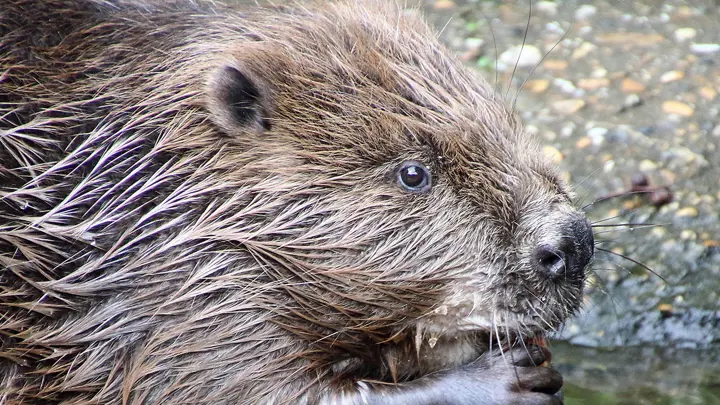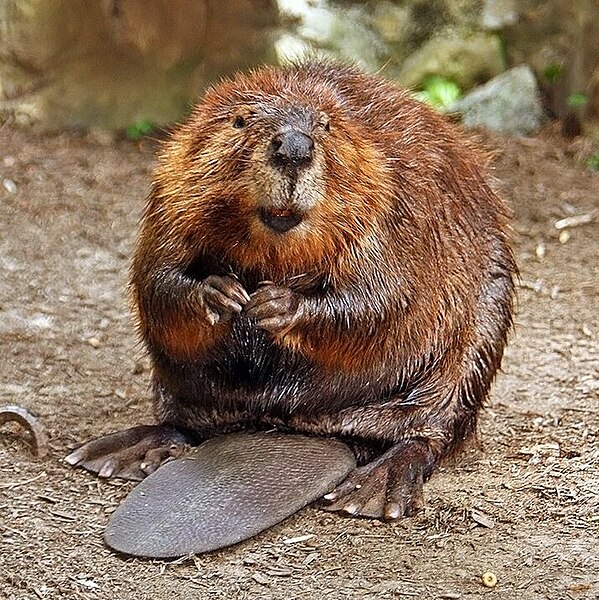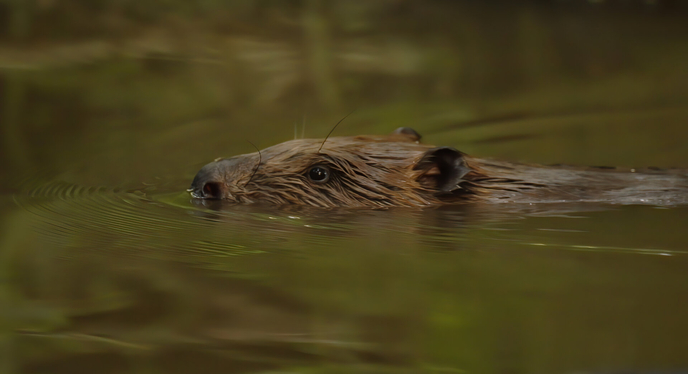The landmark ruling has given the go ahead for the iconic and long extirpated native species to make a long overdue comeback. Building upon already growing populations across the country, conservation organisations are celebrating the decision following years of advocacy showing the widespread positive impact beavers have on habitat rejuvenation and climate change mitigation.
“Beavers are unparalleled in their ability to restore landscapes, create wetlands that manage flood risk, improve our water quality, and bring back wildlife.” Said Hilary McGrady, Director General of the National Trust.
The decision follows successful trial projects, such as the River Otter Beaver Trial in Devon, which highlighted vital evidence of the beaver’s ecological benefits. Conservation groups will work closely with local communities to monitor the impact of the reintroduction and provide support where needed.
Beavers are renowned for their ability to transform landscapes. As ecosystem engineers, they build dams that create wetlands, improving water quality and providing vital habitats for fish, birds, and amphibians. Their presence also helps mitigate the impact of extreme weather by naturally regulating water flow, reducing soil erosion, and preventing floods.
“The return of beavers is a significant landmark for nature recovery in England.” Said Tony Juniper, chair of Natural England.
The reintroduction of beavers will be carefully managed to ensure balance between nature and human activity. As their populations grow, conservationists will study their effects on the environment, helping to shape future policies on rewilding and sustainable land management.
Authorities have compiled strict licensing and management legislation to appease the concerns of farmers and landowners against potential agricultural disruptions. Crucially, this type of work is being carried out with the full inclusion of local-community ideas and concerns which has unfortunately not always been the case historically.
Following their demise in the 17th century through widespread hunting for their treasured furs and castoreum, the latter being an ingredient historically used in perfume, the semi-aquatic rodents are set to thrive once more in one of their native domains.
This initiative highlights Britain’s commitment to using nature-based solutions to combat environmental challenges, making the countryside more resilient and ecologically rich for generations to come.



